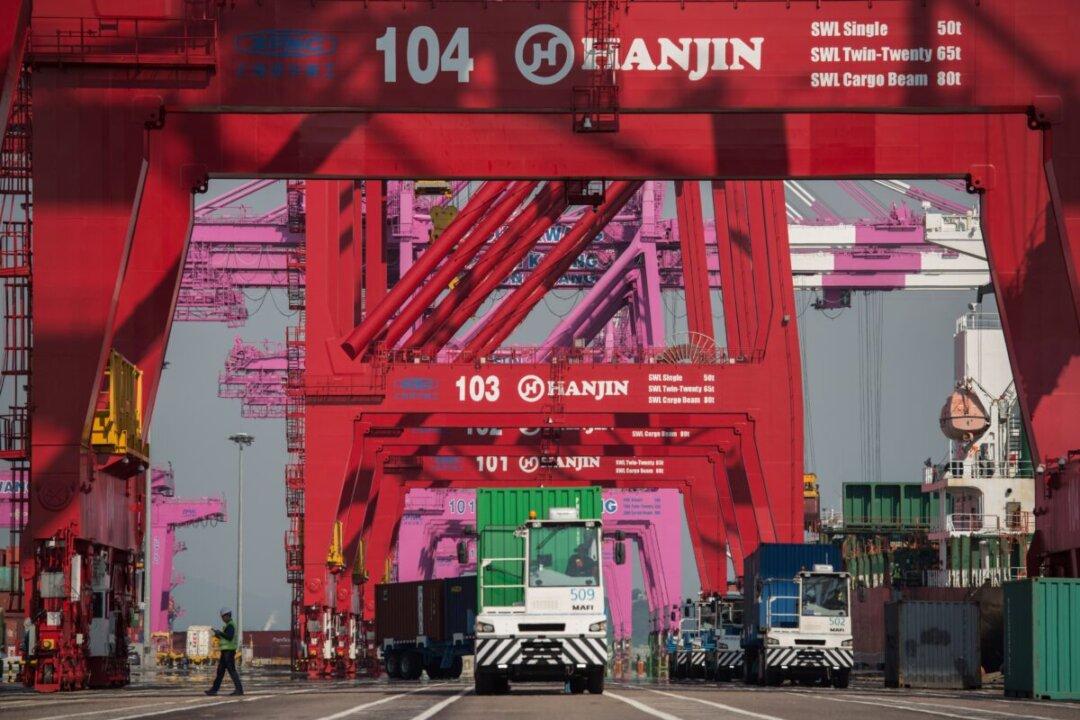South Korea joined the U.S.-led Indo–Pacific Economic Framework (IPEF) that aims to counter the Chinese Communist Party, a move which could increase the country’s GDP in the long-term despite a reduced economic dependence on China, economists said.
In May, South Korea became a member of the IPEF, joining 12 other nations including Japan, Australia, New Zealand, and India. The other nations are Brunei, Indonesia, Malaysia, the Philippines, Singapore, Thailand, and Vietnam.





